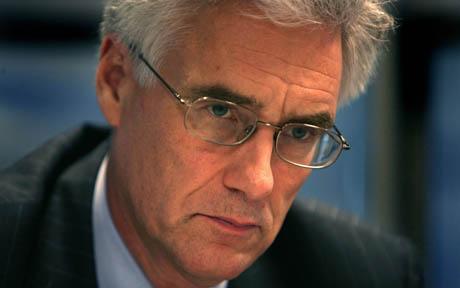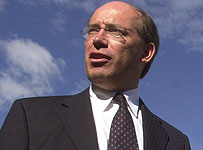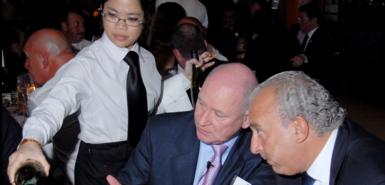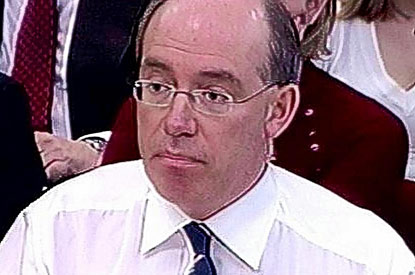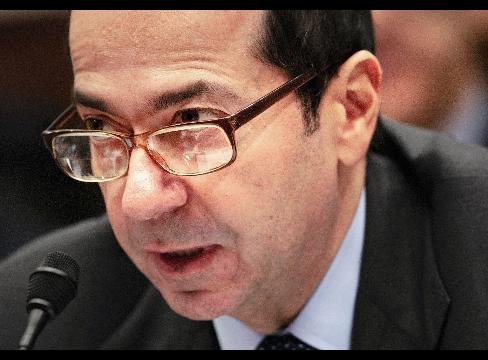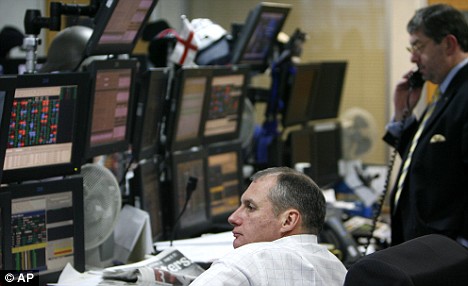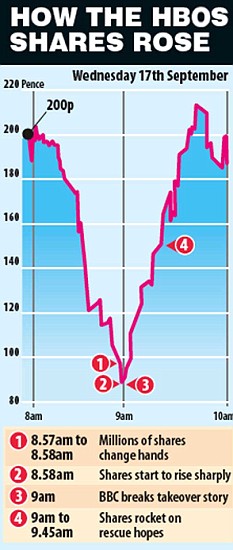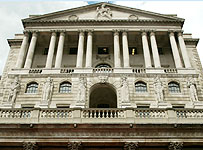A new row erupted over the pension for Sir Fred Goodwin today when MPs were told the former Royal Bank of Scotland chief executive had taken a £3m lump sum from his £16.9m pension pot – and the bank had paid 40% tax on the payment.
The City minister, Lord Myners, told the Treasury select committee that the board of RBS was “in denial” and had “bent over backwards” to be generous to Goodwin, its departing chief executive, last October when the bank was on the brink of collapse.
Myners revealed that Goodwin had agreed to repay the lump sum, provided his pension entitlement was increased.
It later emerged that the exact sum withdrawn was £2.7m, at a cost to RBS of £4.5m when the tax payment is taken into account, and that Goodwin had not yet returned the sum because there was no agreement with the Revenue that he would not be liable for tax.
Related article: Ministers ‘to sue’ RBS directors over Sir Fred Goodwin’s pension (Telegraph)
Myners, who was accused by MPs of being “bloody naive”, revealed more details of Goodwin’s “extraordinary” pension agreements. The bank treated Goodwin as though he had joined the pension scheme at the age of 20, rather than at 40 when he actually joined. None of his pension savings from previous employers were included in the scheme and 50-year-old Goodwin was allowed to choose his 12-month earnings figure from the best year in the previous decade.
Documents released by the committee show that Peter Cummings, the HBOS executive who ran the division which caused record-breaking losses at the bank, has also been allowed to retire immediately even though he is only 53. He is receiving £352,000 a year after HBOS, now part of Lloyds Banking Group, treated departing executives as if they were made “redundant”.
Read moreSir Fred Goodwin received £2.7m pension lump sum tax-free

